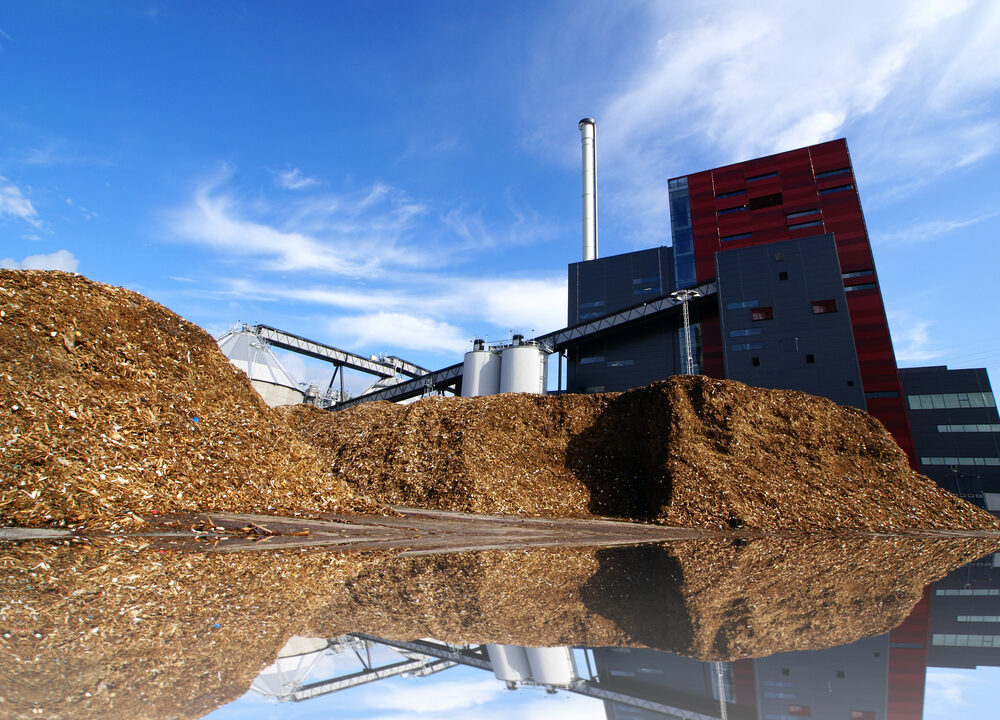There is huge potential for the development of anaerobic digestion (AD) projects in Ireland, but there are also many challenges and barriers. This is according to Kevin Fitzduff, Stream BioEnergy (SBE), who was speaking at the Irish Bioenery Association agm in Dublin earlier this month.
Courtesy of his presentation, Fitzduff outlined the practical experiences of SBE in developing AD projects on the island of Ireland.
SBE was established to develop agricultural and industrial scale AD infrastructure in Ireland. According to Fitzduff, the management team has more than 20 years’ experience of developing, financing, building and operating renewable energy projects throughout Europe.
It is currently in the process of developing industrial-scale AD projects in Dublin and Cork, poultry litter AD plants in Northern Ireland and several other agricultural AD plants in Northern Ireland.
According to SBE, the use of AD technology can be beneficial for a variety of reasons.
FizDuff explained: “Landfill directive targets and the stabilisation of organic waste enabling pathogen reduction and odour control of the material. Renewable energy and climate change targets and the production of renewable energy by capturing and using GHG thus preventing emission to atmosphere. A methane and carbon dioxide rich biogas is produced which can be used to produce electricity and heat. And AD also reduces reliance on fossil fuels and provides security of energy supply.”
In addition, he said the environmental benefits include a reduction in GHG emissions, ammonia emissions, odour and aerosol emissions and AD reduces the loss of nitrates and pathogens to surface and groundwater.
In terms of the development of AD projects, Fitzduff outlined the various stages, which include: consents (planning permission, EPA licence); inputs (energy crops, agricultural wastes); regulation (from DARD/Department of Agriculture); revenue (electricity, heat); outputs (electricity, hear, digestate) among others.
In terms of industry issues, FizDuff noted a lack of large-scale AD uptake in Northern Ireland. He said this was down to various reasons including that the grid connection was very difficult and expensive, the bureaucracy involved in planning and that the financial environment is difficult as the indigenous banks are restrictive in their lending.
Fitzduff also examined the reasons why there was no large-scale uptake of AD in the Republic of Ireland. He said the planning, licencing and consents environment of five state agencies and three Government bodies involved was complex. “But the main reason is that current electricity tariffs make the return on investment very low,” he noted.
In conclusion, he noted a key agency that helps fuel AD developments was the EU Cross Bord Bioenergy Working Group on Biogas Technologies, which profiled countries with a high uptake of AD, the policy aspects, feedstocks and financing comparisons.
Image Shutterstock
